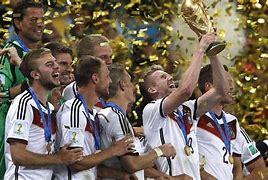To create a comprehensive guide about the European Football Championship, I'll cover its history, notable teams and players, memorable moments, and the impact on European football.
The UEFA European Championship, commonly referred to as the Euros, is one of the most prestigious international football tournaments. It is organized by the Union of European Football Associations (UEFA) and has a rich history dating back to its inception.
The tournament was inaugurated in 1960, initially known as the UEFA European Nations Cup. The first edition featured just four teams: Soviet Union, Yugoslavia, Czechoslovakia, and France. The Soviet Union emerged as the inaugural champions, defeating Yugoslavia 21 in the final.
Over the decades, the tournament expanded both in terms of participating teams and popularity. The number of participating teams increased gradually, and the format evolved to accommodate more nations. From 1980 onwards, the tournament was officially renamed the UEFA European Championship.
The tournament continued to grow in stature, attracting top players and teams from across Europe. The format underwent changes over the years, with expansions in the number of participating teams and adjustments in the qualification process.
Several national teams have left a significant mark on the European Championship:
The Euros have witnessed the rise of numerous football legends:
The Euros have produced several unforgettable matches:
Goals that remain etched in fans' memories:

The Euros have had a profound impact on European football:
The UEFA European Championship stands as a pinnacle of European football, blending history, talent, and passion on the international stage. From its humble beginnings to becoming a global spectacle, the Euros continue to captivate football enthusiasts worldwide with thrilling moments and iconic performances.
For more detailed information on each tournament edition, teams, and players, you can explore UEFA's official website or dedicated football databases.
